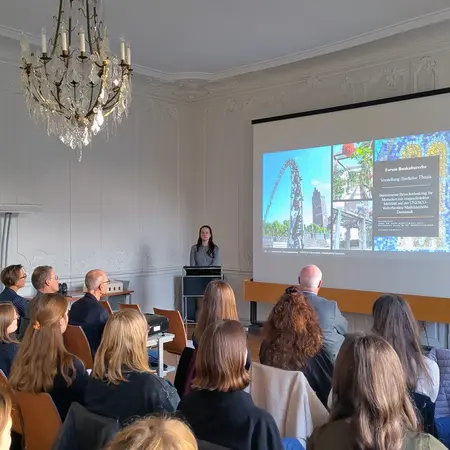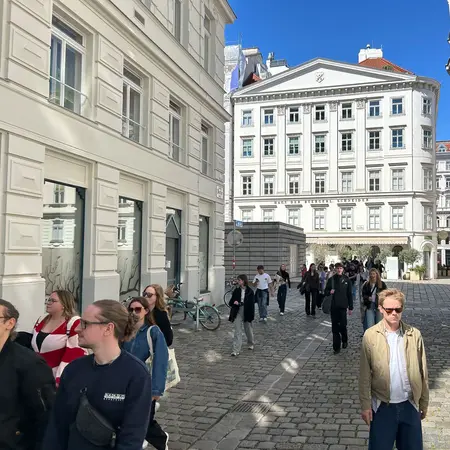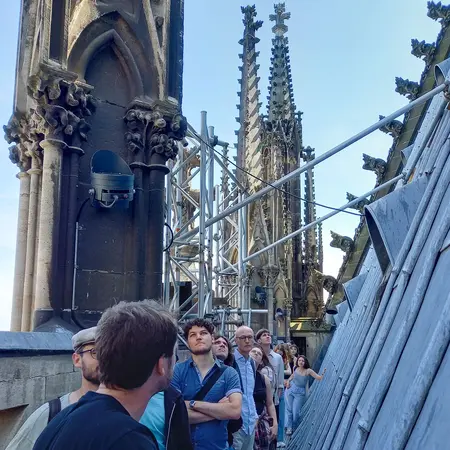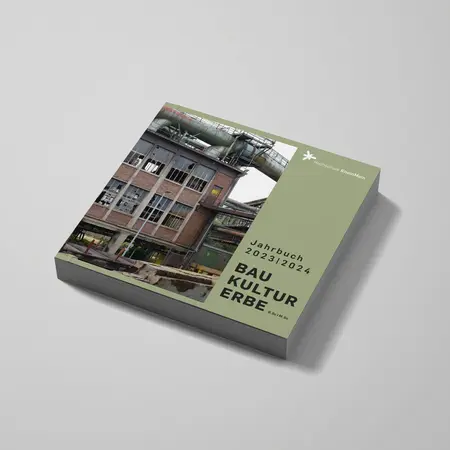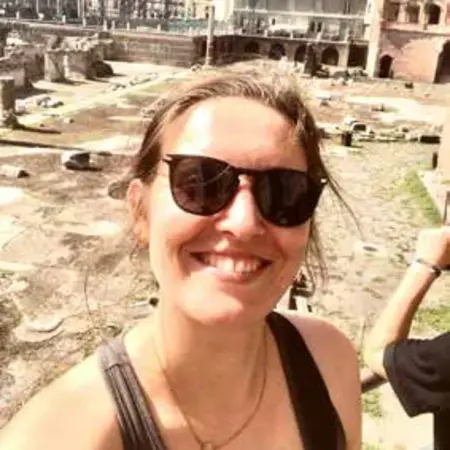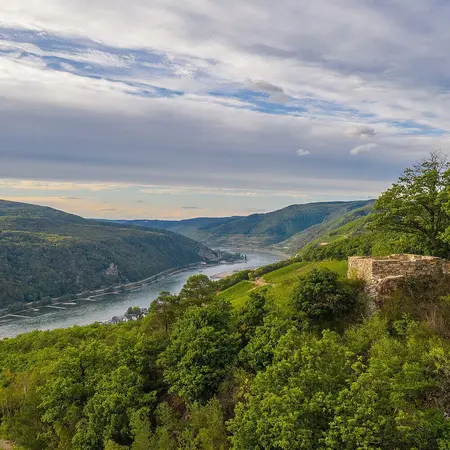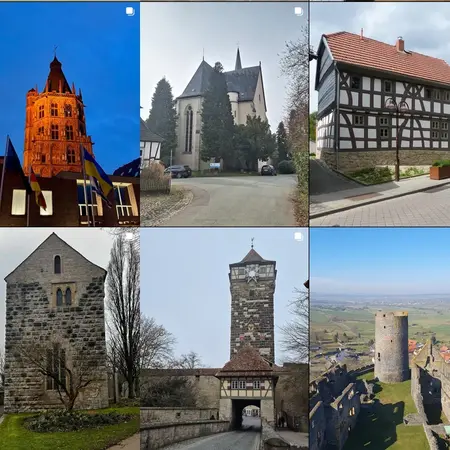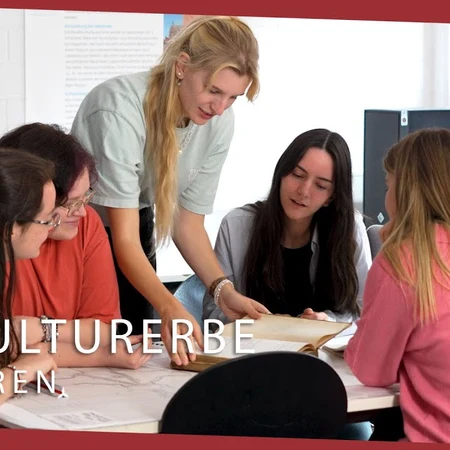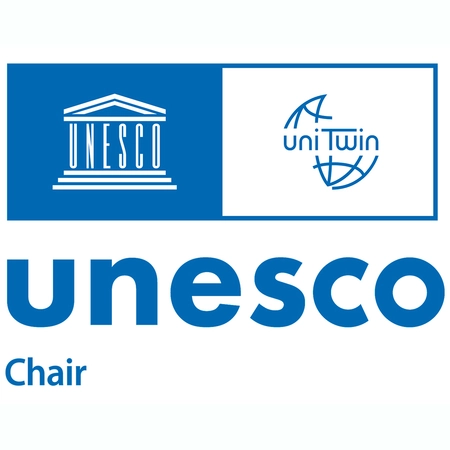Architectural Heritage Conservation
What is it about?
This unique degree program – one of its kind in Germany – focuses on the conservation and sustainable development of the world’s built and cultural heritage. As global sustainability goals increasingly recognize the value of cultural heritage, this program places you at the intersection of architecture, civil engineering, building research, and monument preservation.
We offer small class sizes, close support from our teaching staff, and active exchange among students. Site visits are a regular part of the program. You will also benefit from our diverse national and international teaching and research projects. Our faculty has been hosting a UNESCO Chair since 2022.
The Architectural Heritage Conservation degree program focuses on applied and project-driven learning with the following specializations:
- Design, planning, and construction in the context of cultural heritage
- Preservation of historical monuments and architectural history
- Building conservation and restoration
- Communication and management of cultural heritage
What can I do with it?
Career opportunities after graduation are as diverse as the Architectural Heritage Conservation program itself. Our graduates work successfully in architecture and planning firms, historic preservation, public agencies at the local and state level, as well as with associations and NGOs.
After earning your bachelor’s degree, you can advance your studies with one of our master’ programs: Building Preservation and Restoration or UNESCO World Heritage and Urban Conservation.
For degree-seeking students: detailed information on admission requirements, application deadlines, etc. can be found on the German page.
"The importance of architectural heritage has been growing rapidly in recent years. In addition to the historical testimonial value and the high identity potential for the population, the preservation of historic buildings is increasingly seen as an urgently needed building block for a successful energy and climate transition" from: Bausubstanz. Journal for Sustainable Construction, Building Conservation and Monument Preservation, Vol. 16, Issue 3 (June) 2025.
Research and teaching
The laboratory for building research is an integral part of teaching. In obligatory subjects, students learn how to deal with existing buildings and the importance of preliminary investigations in construction projects. Elective subjects deepen the use of optical and electronic media for the precise measurement of historical buildings.
UNESCO Chair
Since 2022, the UNESCO Chair at Hochschule RheinMain has been part of the Faculty of Architecture and Civil Engineering. The chair holder is Prof. Dr.-Ing. Michael Kloos. The chair researches and supports the preservation and sustainable development of historic urban and cultural landscapes.
Research projects in the field of architecture and building culture
- Framework 2.0
- SPP 2255 of the DFG "Cultural Heritage Construction"
- Alsfeld - the Augustinian monastery
- SEHS - Systems for recording historic towns
- From the medieval castle to the Renaissance palace, the baroque palace complex and the additions of the 19th century
- Building research on medieval and early modern towns in the Hessian region
- Building research on the so-called lighthouse of Ostia
Contact - We can help you!
Prof. Dr. Anne Bantelmann-Betz
Phone: +49 611 9495-1409
Email: Anne.Bantelmann-Betz@hs-rm.de
Office: Kurt-Schumacher-Ring Campus, Building D, Room 121
Phone: +49 611 9495-1436
Email: sekretariat-bauku-fab@hs-rm.de
Office: Kurt-Schumacher-Ring Campus, Building D, Room 122
Personal office hours: Tuesday and Wednesday 9:00 a.m. to 12:00 p.m.
Examination Board
- Voormann, Friedmar (Prof. Dr.-Ing.) (Chair)
- Corinna Rohn (Prof. Dr.-Ing.)
- Anne Bantelmann-Betz (Prof. Dr. Phil.)
- Christoph Duppel (Prof. Dr-Ing.)
- Leonie Knoche
- Shiva Houshmand Rahimi
